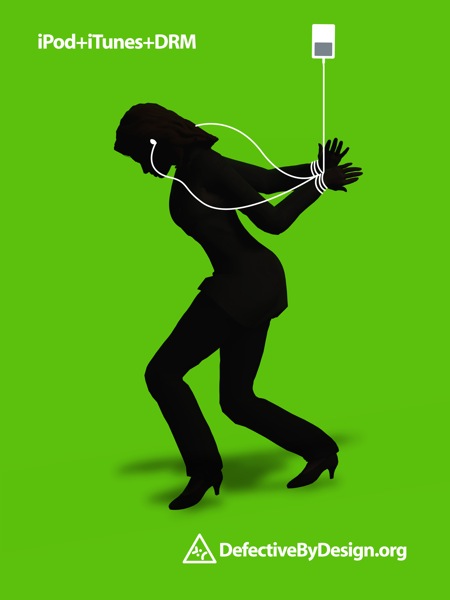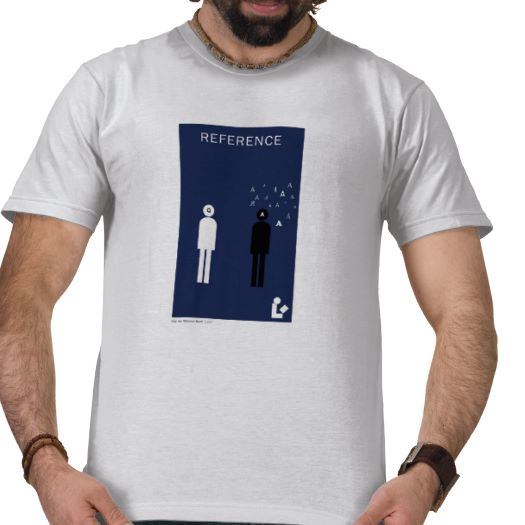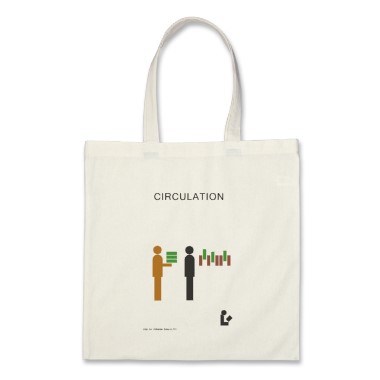 The anti-DRM site Defective by Design has declared Wednesday May 4, 2011 as the third annual International Day Against DRM.
The anti-DRM site Defective by Design has declared Wednesday May 4, 2011 as the third annual International Day Against DRM.
The Day Against DRM is an opportunity to unite a wide range of projects, public interest organizations, web sites and individuals in an effort to raise public awareness to the danger of technology that requires users to give-up control of their computers or that restricts access to digital data and media. This year, we’ll be helping individuals and groups work together to create local actions in their communities — actions will range from protesting an unfriendly hardware vendor to handing out informative fliers at local public libraries!
DefectiveByDesign.org wants to help you plan or get involved in local actions and then broadcast your stories globally. If you are interested in taking part in this year’s Day Against DRM:
- Sign-up to our 2011 Day Against DRM mailing list
- Make plans on the 2011 Day Against DRM wiki page.
It’s definitely something worth participating in, or at least looking into.
Defective by Design’s crew and libraries have shared the struggle before. As DbD says in that post,
Readers, librarians, and authors need to make their voices heard. DRM leaves readers and librarians helpless and divided. If we do not ban DRM from our libraries and our lives then we can and should expect publishers such as Harper Collins to strangle libraries so as to gain as much of a profit as possible.
We need to watch out for each other and make sure that people are not getting suckered into notions of “fair” DRM.
There’s no better way to do this than through collective action: sign up, read up, and/or act up.












